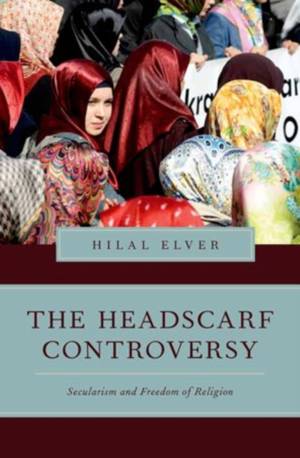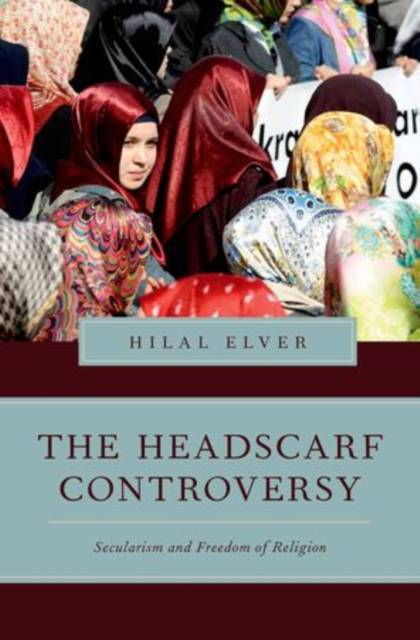
- Afhalen na 1 uur in een winkel met voorraad
- Gratis thuislevering in België vanaf € 30
- Ruim aanbod met 7 miljoen producten
- Afhalen na 1 uur in een winkel met voorraad
- Gratis thuislevering in België vanaf € 30
- Ruim aanbod met 7 miljoen producten
Zoeken
Omschrijving
Hilal Elver offers an in-depth study of the escalating controversy over the right of Muslim women to wear headscarves. Examining legal and political debates in Turkey, several European countries including France and Germany, and the United States, Elver shows the troubling exclusion of pious Muslim women from the public sphere in the name of secularism, democracy, liberalism, and women's rights. After evaluating political actions and court decisions from the national level of individual governments to the international sphere of the European Court of Human Rights, Elver concludes that judges and legislators are increasingly influenced by social pressures concerning immigration and multiculturalism, and by issues such as Islamophobia, the "war on terror," and security concerns. She shows how these influences have resulted in a failure on the part of many Western governments to recognize and protect essential individual freedoms. Employing a critical legal theory perspective to the headscarf controversy, Elver argues that law can be used to change underlying social conditions shaping the role of religion, and also the position of women in modern society. The Headscarf Controversy demonstrates how changes in law across nations can be used to restore state commitments to human rights.
Specificaties
Betrokkenen
- Auteur(s):
- Uitgeverij:
Inhoud
- Aantal bladzijden:
- 288
- Taal:
- Engels
- Reeks:
Eigenschappen
- Productcode (EAN):
- 9780199367931
- Verschijningsdatum:
- 1/03/2014
- Uitvoering:
- Paperback
- Formaat:
- Trade paperback (VS)
- Afmetingen:
- 155 mm x 231 mm
- Gewicht:
- 430 g

Alleen bij Standaard Boekhandel
+ 138 punten op je klantenkaart van Standaard Boekhandel
Beoordelingen
We publiceren alleen reviews die voldoen aan de voorwaarden voor reviews. Bekijk onze voorwaarden voor reviews.












